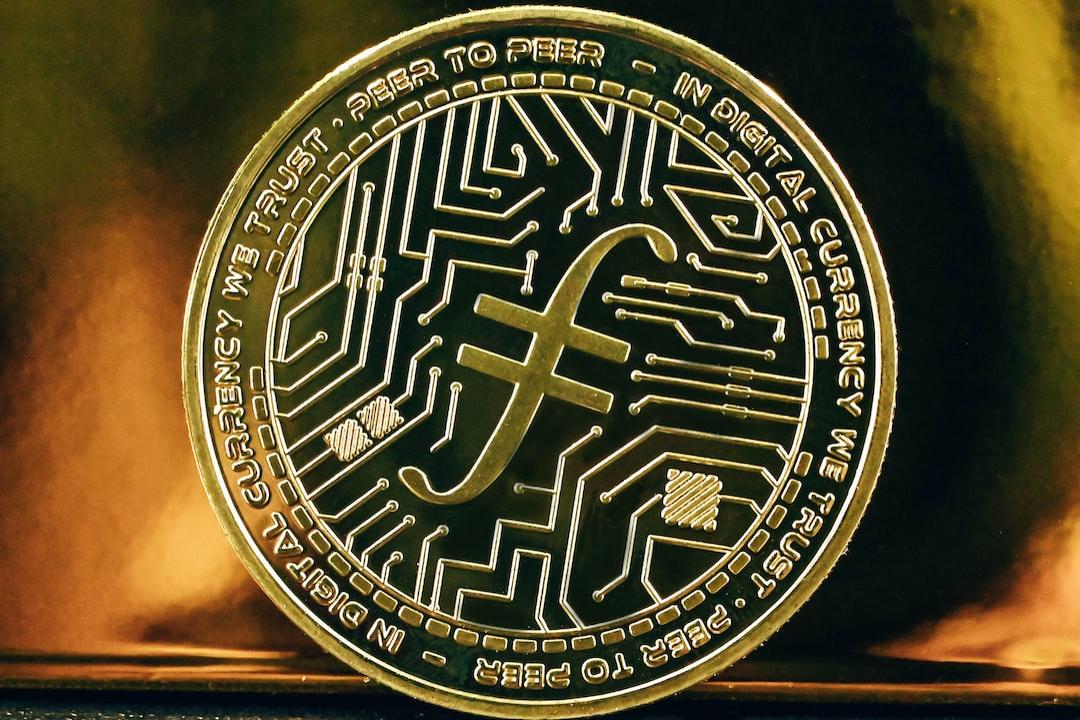Binance, the cryptocurrency trading platform, has recently eliminated the Nigerian currency, the naira, from its peer-to-peer (P2P) service. This decision has caused discontent among Binance users in Nigeria, who have taken to social media to express their concerns. The removal of the naira from Binance’s P2P market comes in response to claims by Nigerian authorities that the platform has contributed to the devaluation of the country’s currency.
Bayo Onanuga, a presidential adviser, has warned that if Binance is not stopped, it could potentially harm the Nigerian economy by arbitrarily fixing foreign exchange rates. The P2P feature, which allows users to trade without involving a third party, gained popularity in Nigeria in 2021 after the government banned the country’s thriving crypto industry during former President Muhammadu Buhari’s administration.
The Nigerian government has shifted its focus to platforms providing cryptocurrency services due to the rapid decline of the naira and the resulting high inflation rate of 29.9%, which is the highest in almost three decades. These platforms have gained prominence for trading and establishing an unofficial value for the naira. Nigerian crypto users have faced difficulties accessing various crypto exchange websites, including Binance and OctaFX, and Binance subsequently imposed a limit on the selling price of Tether (USDT) tokens on its P2P platform.
Contrary to speculation within the local crypto community, Binance has clarified that the price limit was due to an automatic system pause, rather than any intentional action on their part. However, Binance is now facing increased scrutiny in Nigeria, as the Central Bank of Nigeria (CBN) has expressed concerns about suspicious fund flows through Binance Nigeria. The CBN has revealed that $26 billion has passed through Nigeria via Binance in 2023 from unidentified sources and users. There are also reports that two senior Binance officials have been detained by the National Security Adviser’s office in Abuja, as Nigeria aims to crack down on cryptocurrency exchanges to address concerns about the naira’s stability.
Local crypto analysts have expressed disappointment with the government’s unfriendly stance towards cryptocurrencies in tackling the nation’s foreign exchange challenges. They argue that if Nigeria continues to antagonize cryptocurrencies and neglects sectors like manufacturing and exporting, the country’s financial problems will persist.
Cointelegraph has reached out to Binance for comment on this matter.

